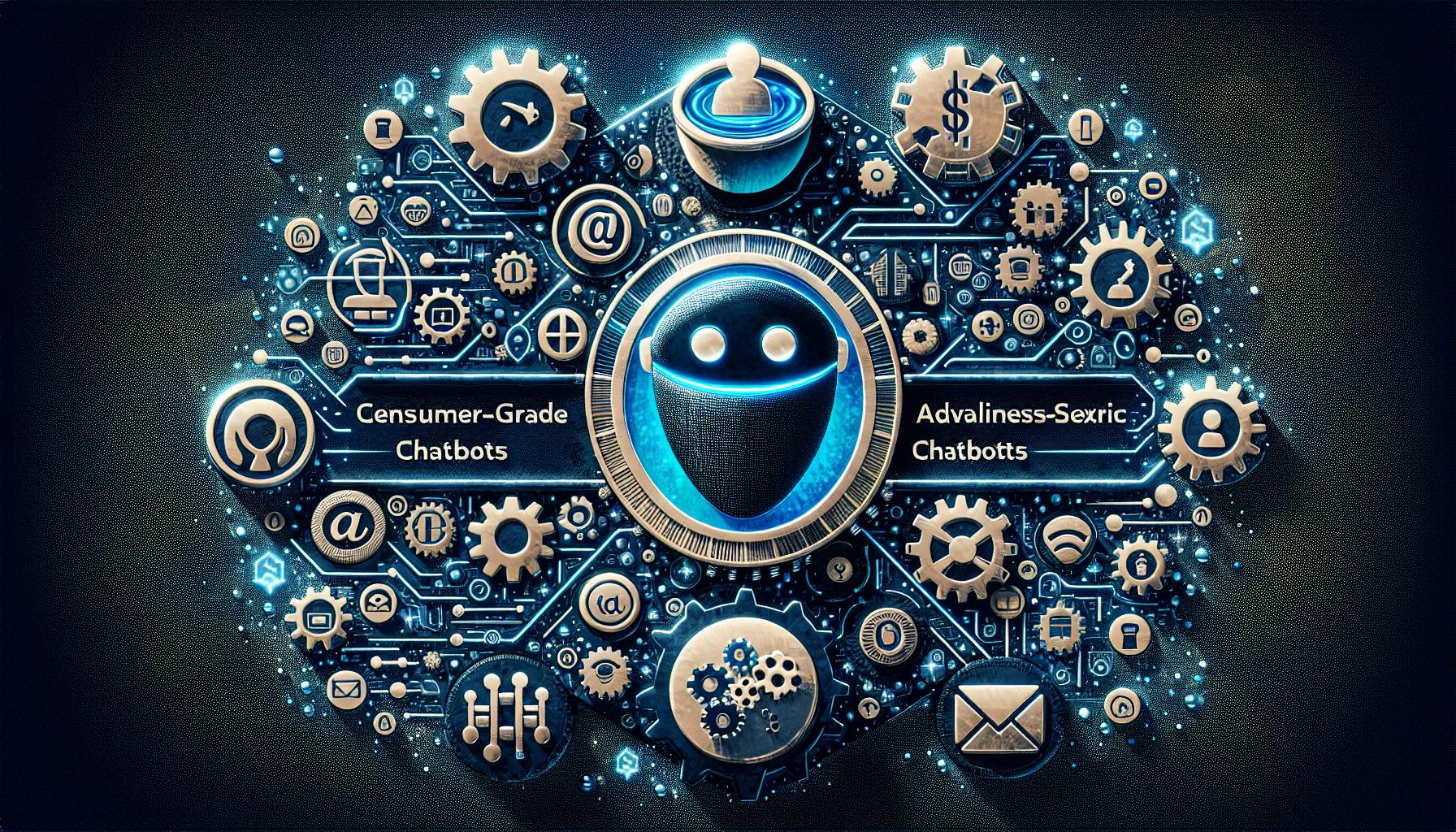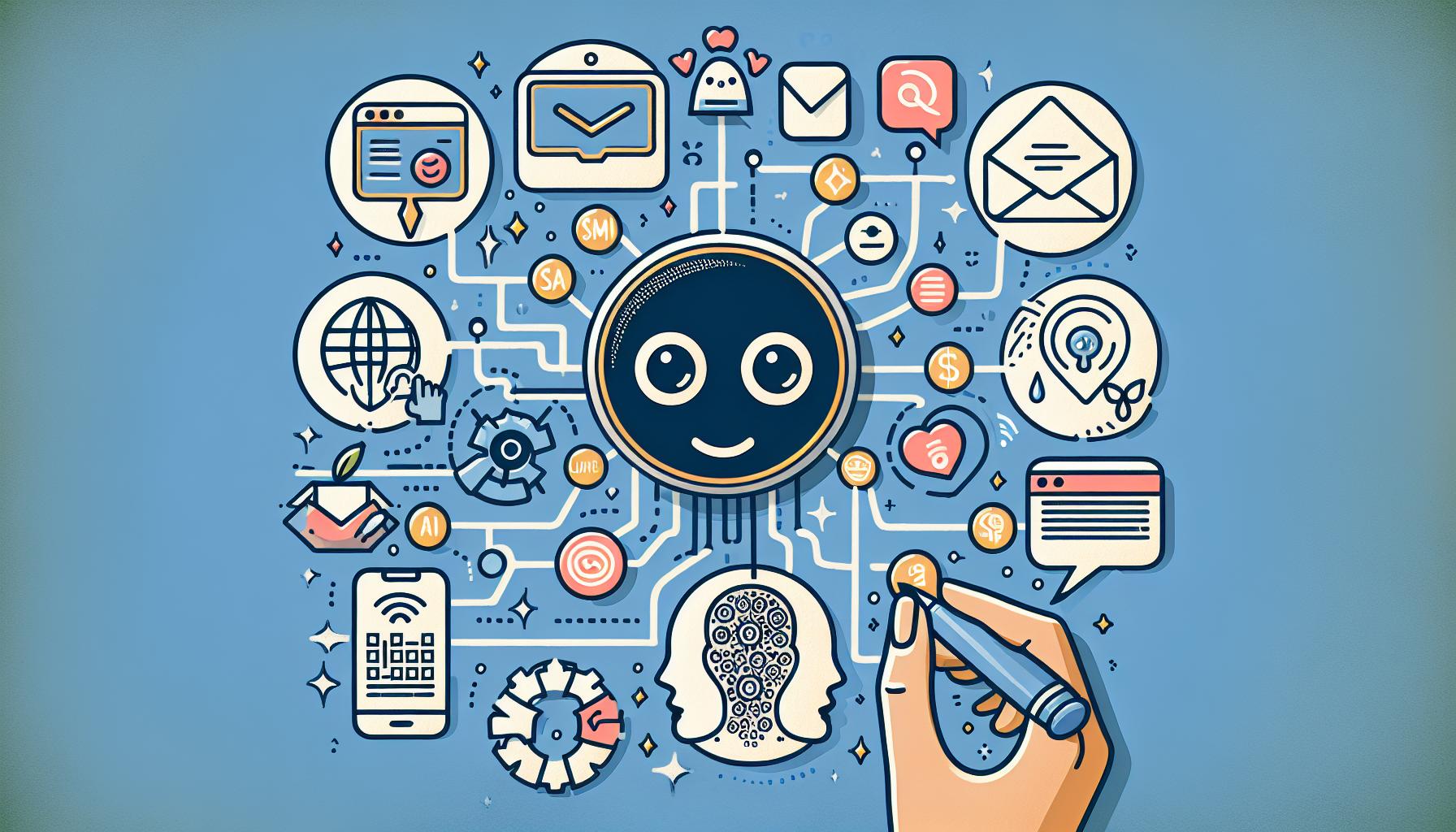Unmasking the Differences: Consumer Chatbots vs Business-Class AI Assistants

The Scalability Standoff
AI assistants and consumer chatbots often differ in the realm of scalability. While a basic chatbot can generally handle finite, simple conversations, A.I. assistants are built with the capacity to manage large-scale, complex conversations simultaneously. Hence, for businesses dealing with numerous, diverse clienteles, A.I. assistants often outshine the basic chatbots.
Security Matters
When dealing with customer data, businesses cannot compromise on security. Enhanced encryption, secure data handling, and intrusion detection are key features offered by business-grade A.I. assistants but are often lacking in basic consumer chatbots. Therefore, for businesses, A.I. assistants bring to the table a superior level of security.
The Omni-channel Approach of A.I. Assistants
Moving onto communication, A.I. assistants have an edge over consumer chatbots owing to their ability to support a wider range of channels. Whether it's SMS, live chat, email, social Messengers, or voice, A.I. assistants can seamlessly engage customers across these channels, facilitating smoother and more efficient interactions.
Integrating With Existing Systems
A crucial feature of A.I. assistants is their ability to easily integrate with existing business tech infrastructures like CRM applications. This interconnectivity enhances data flow and optimizes efficiency, making A.I. assistants significantly more advantageous for businesses that already have specific software ecosystems.
Final Thoughts
While consumer chatbots have marked their presence in various sectors delivering standard tasks, for businesses dealing with diverse, large-scale operations, business-class A.I. assistants seem to be the future. Their superior scalability, robust security, multi-channel communication support, and integration capabilities make them a comprehensive, smart solution to opt for.


